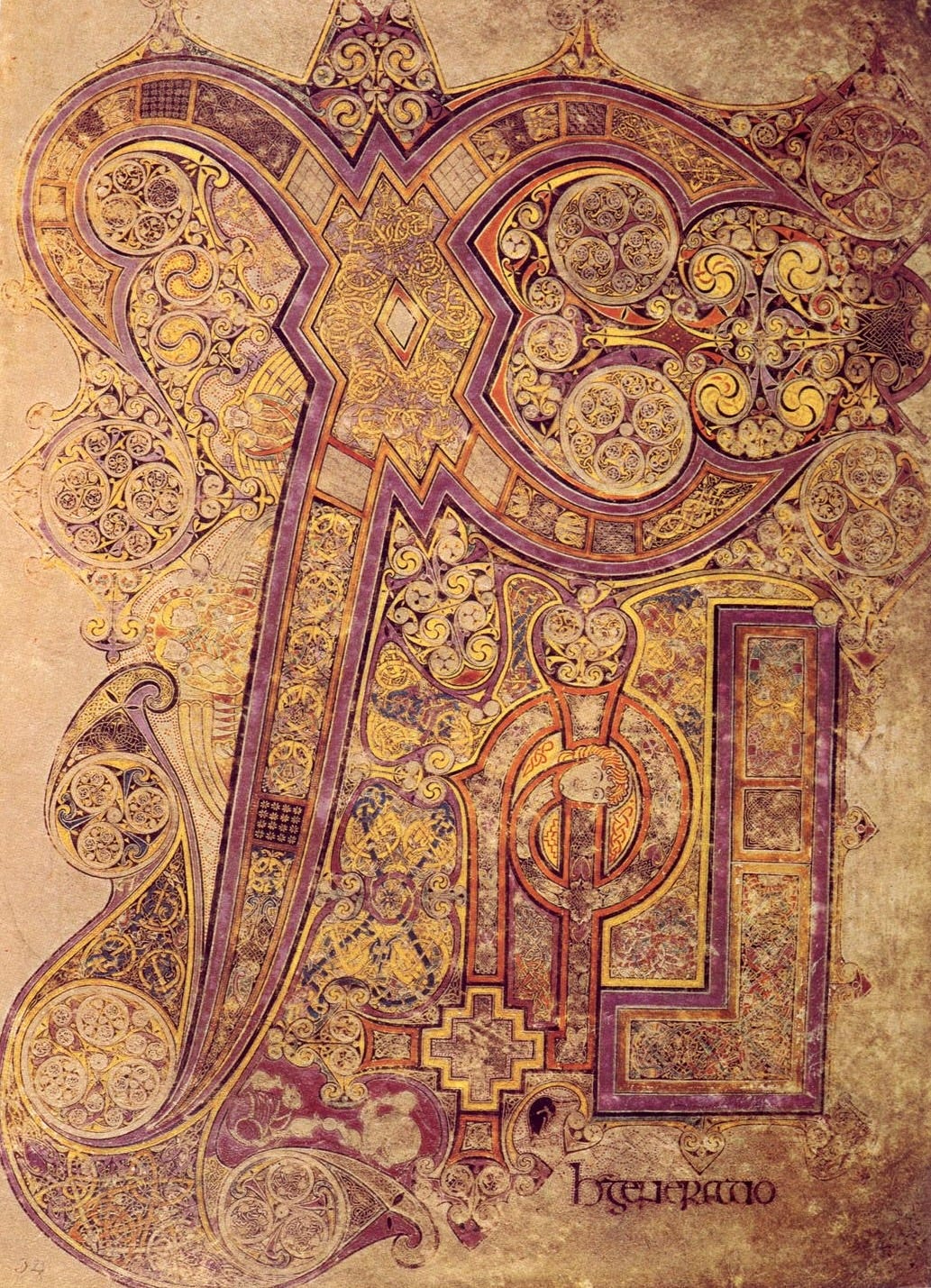Hello friends. So I’m preparing to start producing and reading the audiobook for my book, Psychedelics and the Soul next month, and I wanted to get into the practice of speaking into the microphone and speaking aloud words that are usually, well, just written.
This is also a part of my continual fight against perfectionism, and an opportunity to lean into something that I might not otherwise do. Its also an exercise in exploring how to use my voice in a more intentional way, which as we will see, is something that used to live very close to that liminal, magic domain of the other world.
It’s got me thinking about the power of the human voice, the importance of language, and the magic that can occur when words are spoken out into the world by someone who puts their full conviction behind them.
Our language matters. In countless creation mythologies, language and voice are powers given to humans by the gods. Martín Prechtel says that essentially that the highest form of hu…







